Our Student Goals
The goals of a Janus educated are focused on giving students the tools and skills they need to become lifelong independent learners, successful in school and life.
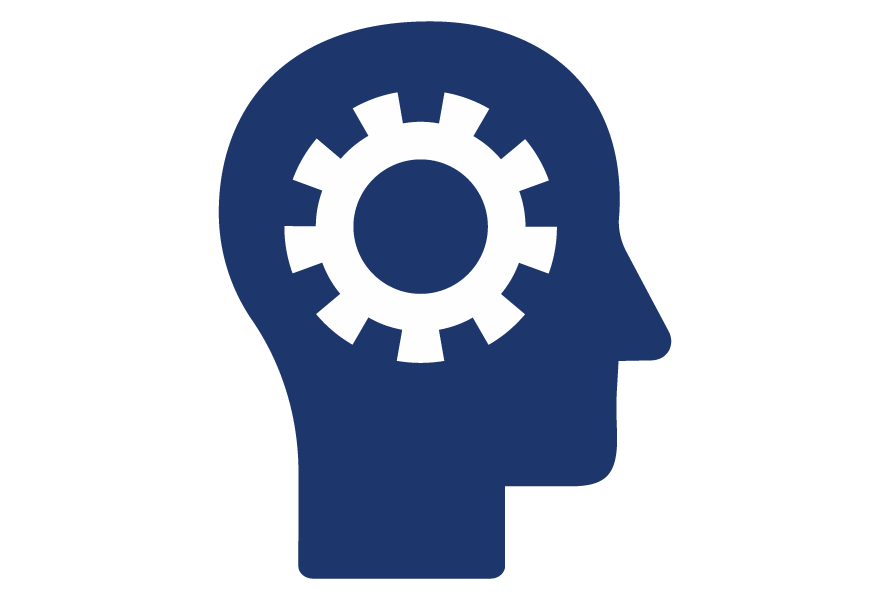
Goal 1: To help students reach their academic potential, beginning at their independent level and moving forward.
At Janus, skills are measured with standardized achievement tests, curriculum-based assessments, and anecdotal evidence. Specific work on language and math skills is designed to remediate academic deficits and close the gap on achievement levels.
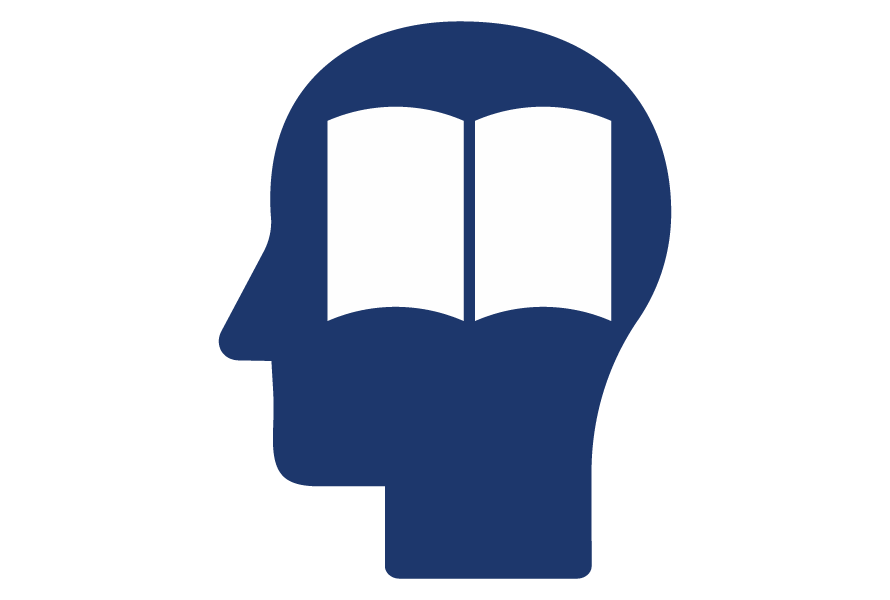
Goal 2: To develop executive functioning and study skills for effective learning.
A student with strong study skills is able to compensate for skill or knowledge deficits through:
- organization of time (managing time and prioritizing tasks, multi-tasking, estimating time, scheduling time and remembering assignments, setting goals);
- organization of materials (using a master system for keeping things organized, effective use of study environment);
- classroom skills (communicating in the classroom, understanding their learning preferences, personalizing their learning, using references);
- note taking (listening, paraphrasing, identifying main ideas, and summarizing);
- textbook skills (using or creating chapter outlines, previewing introductory paragraphs, previewing and using end of chapter vocabulary and questions, focusing on headings and subheadings, using or creating pictorial aids, using highlighted terms);
- test preparation (creating and using study guides, getting feedback from teachers or peers, reducing ideas to key words, creating mnemonic devices, following directions, understanding the question, cue words, mastering varied test formats, essay writing);
- critical thinking (making inferences, determining relevance, identifying problems and solutions, identifying patterns, seeing both parts and wholes).
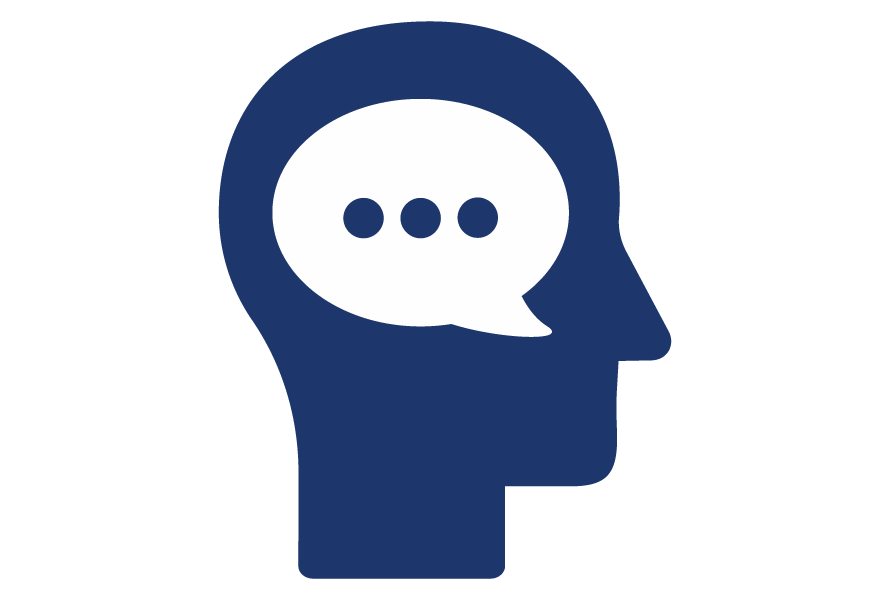
Goal 3: To learn social and practical, everyday skills.
Social cognition and expected behavior skills include, but are not limited to (Adapted from Social Thinking, Winner):
- interrogation skills, strong greeting skills;
- performance consistency, focus, expected inhibitions, self-control;
- accurate social predicting, expected presentation, reciprocity of behaviors, ability to verbalize feelings, inferencing other’s feelings, effective code switching, regulated humor, expected topic choice, regulated assertiveness, and comfort in social contexts.
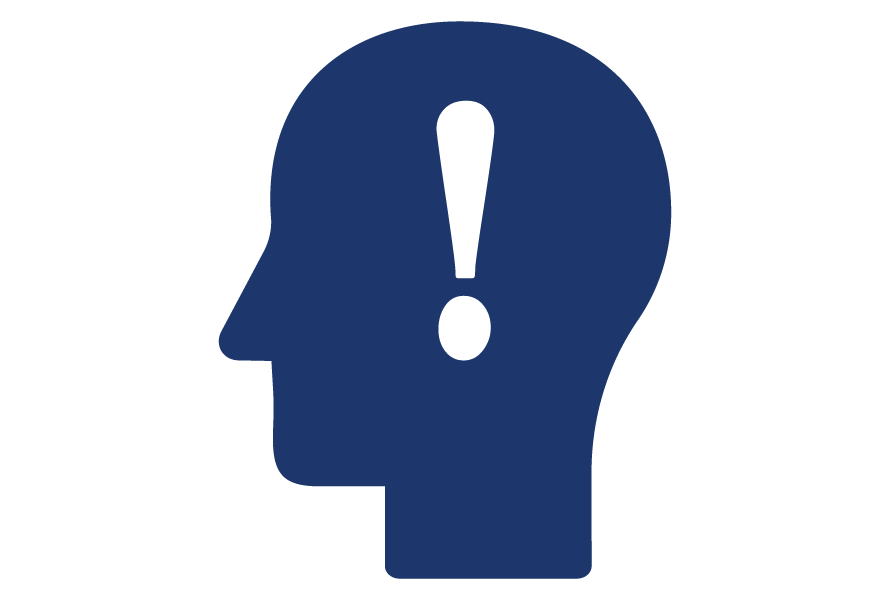
Goal 4: To develop a tolerance for frustration.
A student with a tolerance for frustration will be able to identify the source of frustration and face the challenges with which they are faced. Tolerance for frustration will allow the students to keep going in spite of adversity, understand that difficulties are necessary for learning, and maintain emotional stability. Many students arrive at Janus with a high skill deficit and low tolerance for frustration. It is important for a student’s tolerance for frustration to be greater than (or at least as high as) his or her skill deficit.
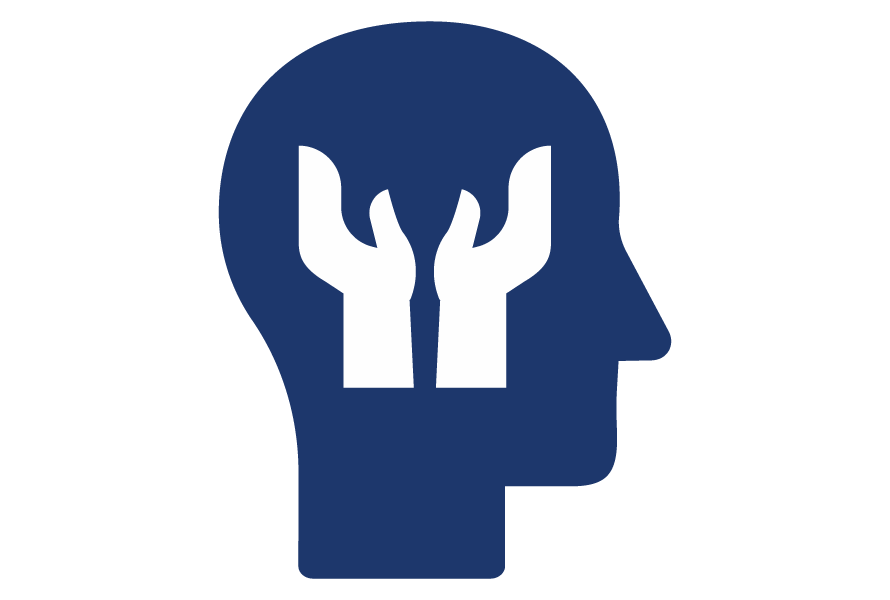
Goal 5: To learn appropriate and effective techniques for self-advocacy.
A student who advocates is able to ask for guidance when needed, is able to identify supportive individuals or seek support services, can articulate what are realistic high expectations for tasks, and maintains long term relationships with supportive individuals. A student with strong self-advocacy skills will make decisions for himself, actively engage in the world, and participate in making positive changes in his or her own life. This student will know that it is more practical to respond to his or her environment rather than to demand that it respond to them.
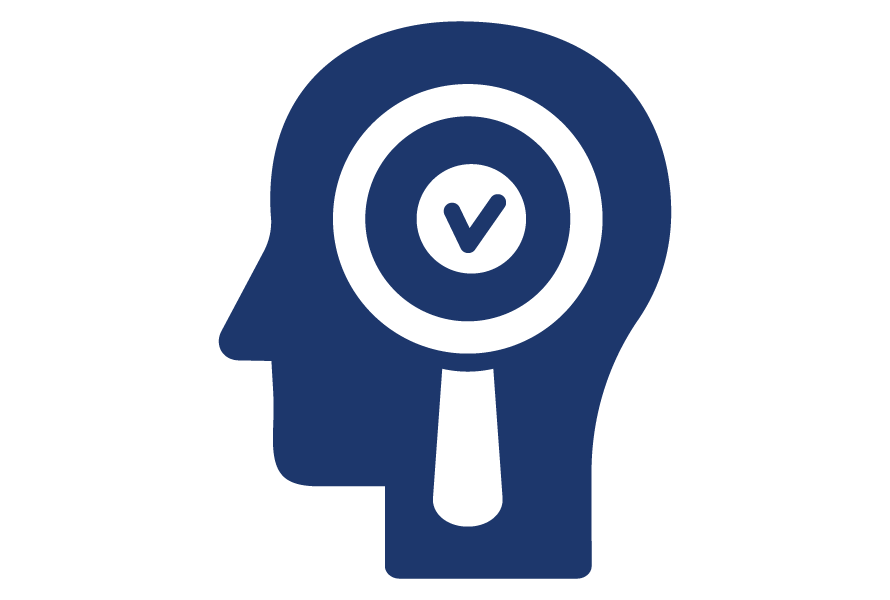
Goal 6: To build self-awareness as a student and an individual.
A self-aware student understands and can describe his or her strengths and weaknesses and patterns of behavior in a realistic manner. A self-aware student engages in the metacognitive act of reflecting on his or her own thinking and learning. He or she also accepts the learning difference and sees it as only one aspect of oneself rather than being defined entirely by it. A self-aware student can also communicate reasonable modifications and accommodations that will help them to be successful.
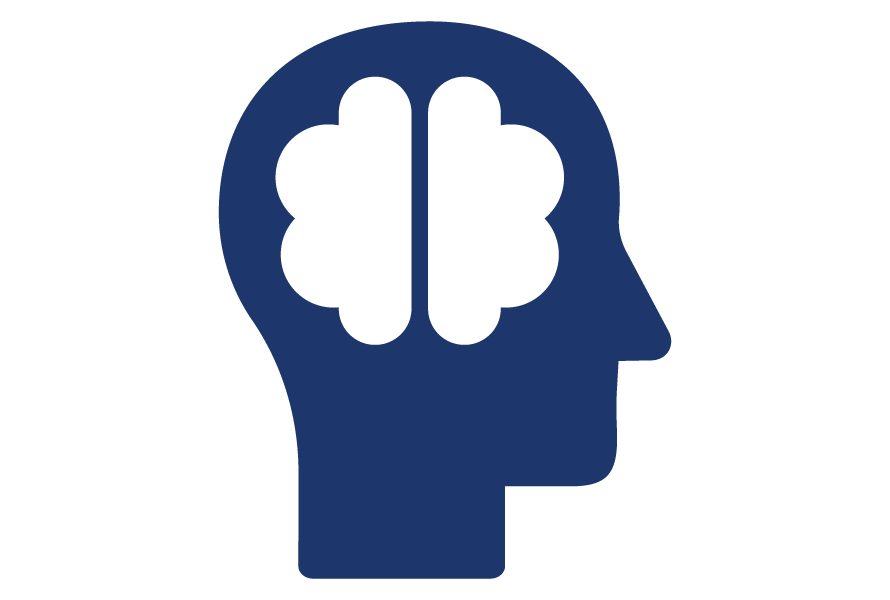
Goal 7: To inspire motivation and an intrinsic desire to learn.
A student who is motivated and shows an intrinsic desire to learn will be curious about the world and actively participate in discovery. The motivated student does not achieve only to please others or to avoid negative consequences, but also to expand their own experience. A motivated student understands his or her role in success and is an active participant in learning. This student will also experience success and in various environments, such as work, school, and family.
Start Your Janus Journey
Find your child’s path to success with personalized learning at Janus.